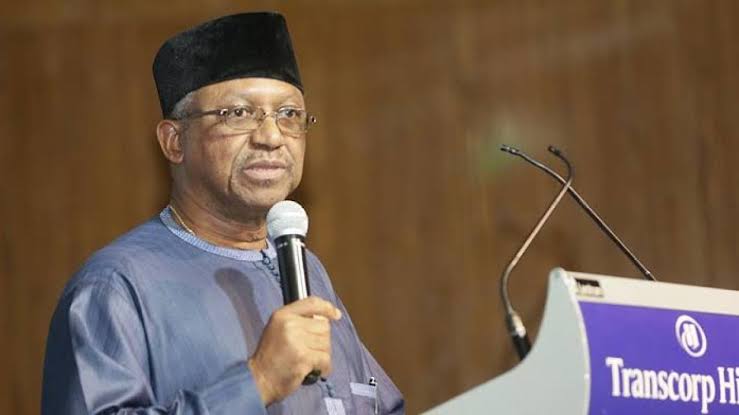By Asmau Ahmad
The Federal Government of Nigeria said it would begin construction work on a vaccine production plant by the end of 2022 after signing a contract manufacturing agreement with Serum Institute of India.
The Minister of Health, Dr. Osagie Ehanire, disclosed this to State House correspondents shortly after this week’s Federal Executive Council meeting presided over by President Muhammadu Buhari.
Ehanire said “The council considered a memorandum from the Ministry of Health, which has to do with the first stage in indigenising vaccine production in Nigeria. We are talking about the routine vaccines, the one we call ‘the expanded programme on immunisation,’ not the COVID-19 vaccine.
“The contract manufacturing that was approved today will be done in India for Biovaccines. But before the end of this year, the groundbreaking will start because they’ve already drawn the plan.
“Everything is already completed. The survey has been done, the approval has been given, and then this partnership now. They will now begin to break the grounds and start building the factory right away.”
He noted that Biovaccines Nig. Ltd, a company jointly owned by the government and the private sector, would set up shop in Ota, Ogun State to produce vaccines to prevent IPV, measles and yellow fever, among others.
Ehanire noted that Biovaccines had settled with the Serum Institute of India, which would now be the technical partner to support them in setting up the vaccine production plant in Nigeria.
“So, the government now has approved 15 per cent of the vaccines that UNICEF normally supplies to Biovaccines to supply through contract manufacturing with the Serum Institute of India.
“With that, the institute will now be comfortable enough to come and join Biovaccines Nigeria in building its manufacturing plant here in Nigeria in Ota.”
He argued that local production had become imperative for Nigeria as vaccine subsidies from the international community were expected to end within the next six years.
“By 2028, the support we used to get from GAVI to subsidise our vaccines will expire. And by that time, we should be producing our own vaccine domestically,” he explained.


